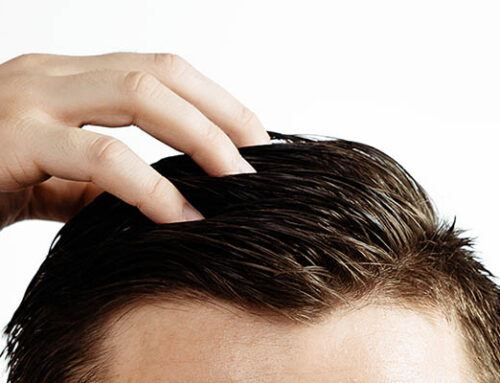Latest News: Dr. Katona Discusses Hair Transplant Success for Women
Hair loss is often seen as a predominantly male issue, yet many women experience it too. Whether from genetics, hormonal changes, medical conditions, or aging, hair thinning and loss can have a significant impact on a woman’s self-esteem and quality of life. Hair transplants have emerged as a popular solution, but are they as effective for women? Dr. Katona offers his insights.
 What Are Hair Transplants?
What Are Hair Transplants?
Hair transplantation is a surgical technique that involves relocating hair follicles from one area of the body (typically the back or sides of the scalp) to areas where hair is thinning or balding. While more commonly performed on men due to male-pattern baldness, women can also benefit greatly from this procedure.
Understanding Female Hair Loss
Women tend to experience diffuse thinning across the entire scalp rather than the receding hairlines and bald patches typical in men. This different pattern requires a specialized approach to hair transplantation. Women usually retain their hairline and have smaller bald areas, making them ideal candidates for certain hair restoration techniques.
Factors Influencing Success
The effectiveness of hair transplants in women is influenced by several factors:
- Candidate Suitability: Not every woman is an ideal candidate for hair transplants. The extent and pattern of hair loss, along with overall health, must be assessed.
- Transplant Technique: Various techniques, such as follicular unit extraction (FUE) and follicular unit transplantation (FUT), are available. The choice of technique depends on the patient’s needs and the surgeon’s recommendations.
- Expectations Management: Realistic expectations are vital. While hair transplants can increase hair density in thinning areas, they might not fully restore a complete head of hair. Discussing expected outcomes with a qualified surgeon is essential.
- Medical Assessment: Before undergoing a hair transplant, a thorough medical evaluation is necessary to determine the underlying cause of hair loss. Treating any underlying medical conditions can enhance the procedure’s success.
Post-Procedure Care
Following a hair transplant, proper care is crucial for achieving the best results. This includes adhering to the surgeon’s post-operative instructions, avoiding strenuous activities, and protecting the scalp from sun exposure.
Conclusion
Hair transplants can be highly effective for women when performed by experienced surgeons and when patients are carefully selected based on their individual circumstances. Technological advancements and improved techniques have made hair transplantation a viable option for many women facing hair loss. Consulting with a skilled hair restoration specialist like Dr. Katona is crucial to determine suitability and expected outcomes.
If you’re considering a hair transplant, choose a reputable clinic or surgeon experienced in addressing female hair loss. By understanding the procedure, managing expectations, and following post-operative care instructions, women can achieve satisfying results and regain their confidence through restored hair density.
For more information and expert consultations, visit Katona Hair Restoration.




